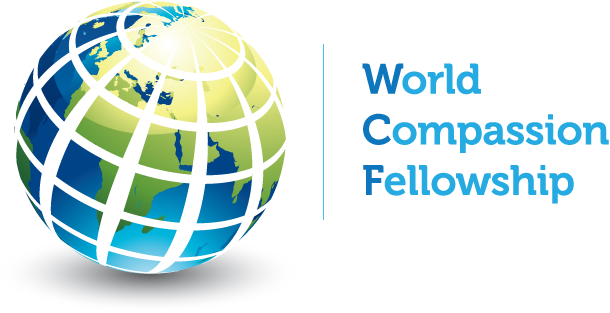REVIEW OF OUR HAITI LIFE CENTER, YEAR ONE
We knew when we started the Life Center in Haiti that we would face many challenges, particularly given the ongoing instability in the country. Our NYC staff and our Haiti staff prayed and planned for the challenges as best as we could foresee them. We found a suitable building in Port-au-Prince and prepared it for classes. We hired 2 local teachers who had prior experience teaching English at other English Centers. We sent one of our NYC based ESL Leaders down to do a teacher training for our local teachers and we opened with great expectations, but also caution.
We decided to do a single ESL level (Level 1) as a Pilot, but spread out over 4 classes - 2 in the morning and 2 in the afternoon - in order to accommodate the different needs of the pilot students. It was supposed to take theoretically 6 - 7 months to complete the level. We also decided that we would do a limited registration with virtually no advertising of the classes, but instead relied on word of mouth within our partner ministry to keep the class size manageable for a pilot. On January 21, 2019, we launched with 62 registered students (with 6 on hold for the next session).
As expected, we had many challenges throughout the year. Perhaps the most difficult was the overall country situation. In July 2018, the government announced that it would eliminate subsidies on fuel which would cause fuel to increase by 50%. This led to widespread protests and civil unrest throughout the year. The worst was perhaps the October - December period where schools, businesses and public services were basically shut down for more than 2 months due to all the protests. These were very difficult times. It took longer than the anticipated 6 or 7 months to complete the pilot Level 1 classes. However, we have committed to Haiti for exactly these reasons - to stay when things are difficult and help empower Haitians with the job skills and character and leadership training they will need for the long term. For the situation in Haiti to improve, we need a combination of committed Haitians and outsiders working together for this common cause.
So, we persevered despite periodic shutdowns. We also had to fight through some challenges with our student expectations and dependencies. We're trying to provide a service to those that are impoverished and lack opportunities. At the same time, there's a balance that needs to be maintained between helping and long term self-sustainability for the Life Center itself. The longer term goal is for the Center to be self-sufficient in its recurring expenses and the fees it collects. We can provide the startup costs and scholarships for students, but there's the reality of how much it costs to run the Center and if we run out of funding. Higher level services are in the future plans, such as Business English and higher level Computer Training, but for now - we are relying on our donor community to start things off and to keep it running through difficult times. Once again, it requires a partnership between Haitians and outsiders to make this work for the good of the community.
Throughout the year, we were able to send our NYC based Teacher Trainers to 'train the trainers' as well as to continually evaluate and improve our custom curriculum. They also conducted Conversation Club sessions with all the students. We also provided conversation practice sessions over Skype with American based volunteers. We began to introduce our Character/Leadership Curriculum. WCF President, Jerry, taught the inaugural Leadership class on 'Showing Integrity as a Leader' with the students.
Towards the end of our pilot period, we launched a new Saturday class and then towards the end of the year, we began our post-pilot phase with new ESL Level 1 classes, and launched new ESL Level 2 classes with a new teacher during the week. By the end of 2019, we had 5 ESL classes with 132 students registered.
During the summer, we also launched our first Computer Class with our co-Director, Computer Science graduate Carina, as the teacher. This curriculum focuses on teaching Microsoft Windows and Microsoft Office, which is a very practical need and requirement for many mid and higher level jobs in Haiti. Barely 11% of the population has access to a computer so practical training on a real computer is a big need. We had 16 openings in the class and the class quickly filled up. We plan to launch our 2nd Computer Class in January 2020 with 16 students.
We're very thankful for the year we've had, despite all the challenges and we look forward to 2020. There is Hope for Haiti.


